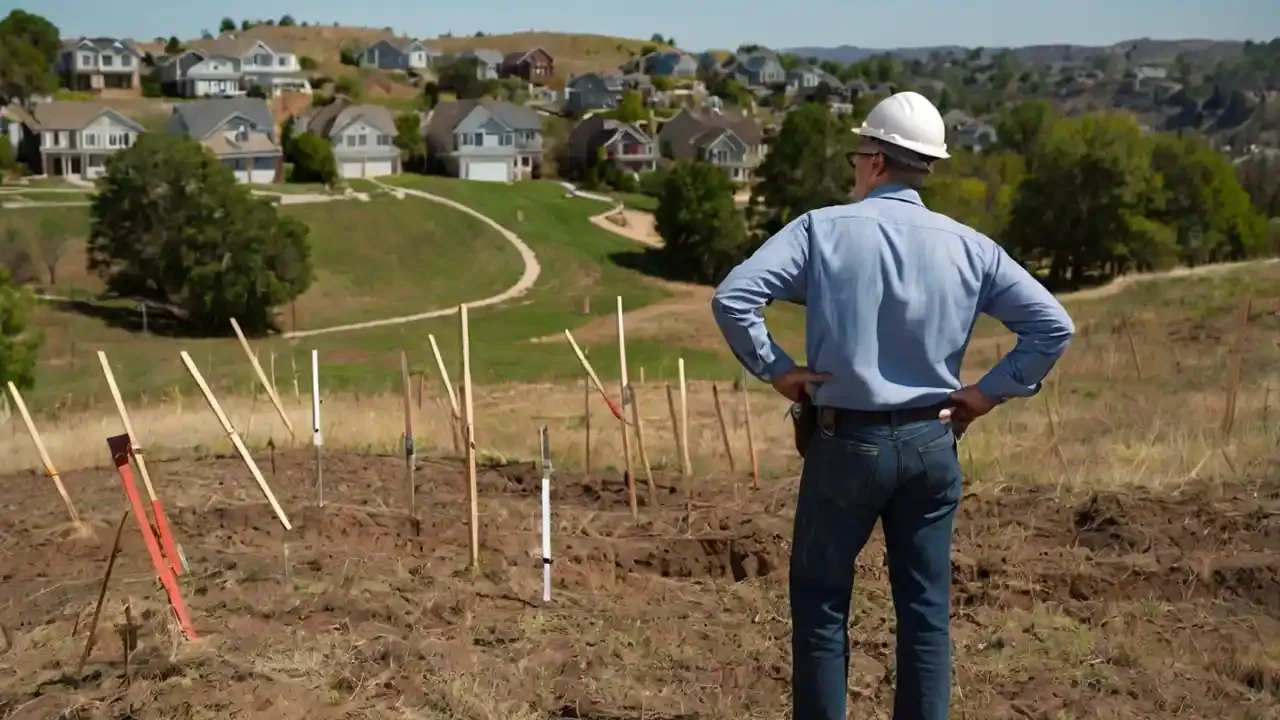Selling Land to a Commercial Developer
The world of commercial real estate is vast and ever-changing, filled with opportunities for growth but also challenges for landowners. One of the most complex transactions in this space is selling land to a commercial developer. For those unfamiliar with this market, the process can feel overwhelming—like navigating a maze where one wrong turn can cost valuable opportunities.
With the right knowledge and preparation, however, landowners can confidently move through the process, maximize profits, and avoid common pitfalls. Understanding each stage—from initial market assessment to closing the deal—is essential for success.
Understanding the Market
Before putting land up for sale, property owners should evaluate its commercial potential. Developers will be looking closely at factors such as:
Location and accessibility – proximity to highways, airports, or downtown areas.
Surrounding developments – whether nearby projects enhance or reduce value.
Future growth opportunities – upcoming infrastructure, zoning changes, or city expansion.
Market research also plays a big role. Are mixed-use developments trending in your region? Is there rising demand for office spaces, industrial parks, or retail centers? A developer will weigh all of these details before making an offer.
Preparing the Land
A well-prepared property sells faster and at a higher price. Preparation includes both physical improvements and legal documentation.
Property assessments – Identify strengths and weaknesses in the land, including environmental conditions or accessibility issues.
Title and legal checks – Clear ownership records, liens, or disputes before negotiations begin.
Making it “Pad-ready” – Developers prefer land that’s already cleared, graded, and ready for construction.
The more attractive and risk-free your land appears, the stronger your negotiating power will be.
Choosing the Right Developer
Not all developers are alike. Some focus on retail centers, others specialize in office buildings or mixed-use projects. Researching and vetting developers ensures that your land is not just sold, but transformed in a way that aligns with your vision.
Research & reputation – Look into their history, financial strength, and project success rate.
Portfolio review – A strong track record is often a reliable predictor of future performance.
Intentions for the property – What they plan to build will impact the long-term value and legacy of the land.
Due Diligence
Once a developer shows interest, the process of due diligence begins. This ensures transparency and reduces the risk of legal or financial surprises later.
ALTA surveys – Detailed property boundaries, easements, and rights-of-way.
Soil and environmental reports – Essential for construction suitability and compliance.
Rezoning & traffic studies – Necessary if intended use doesn’t match current zoning or if new traffic flow is expected.
Permitting Phase
Obtaining permits is often the longest stage in the process. Building, grading, signage, and environmental permits are all crucial before development can begin. While sometimes frustrating, permits are what make a project legal, safe, and sustainable.
Closing the Deal
The final stage ties everything together—verifying documents, confirming ownership details, and signing legal contracts. At this point, both parties should be clear on all terms. Once complete, ownership officially changes hands, and the developer can begin transforming the land.
Conclusion
Selling land to a commercial developer may be complex, but with careful preparation and the right partners, it can be highly rewarding. By understanding the market, preparing your property, and selecting the right developer, you can secure a profitable deal and watch your land evolve into a valuable commercial project.

